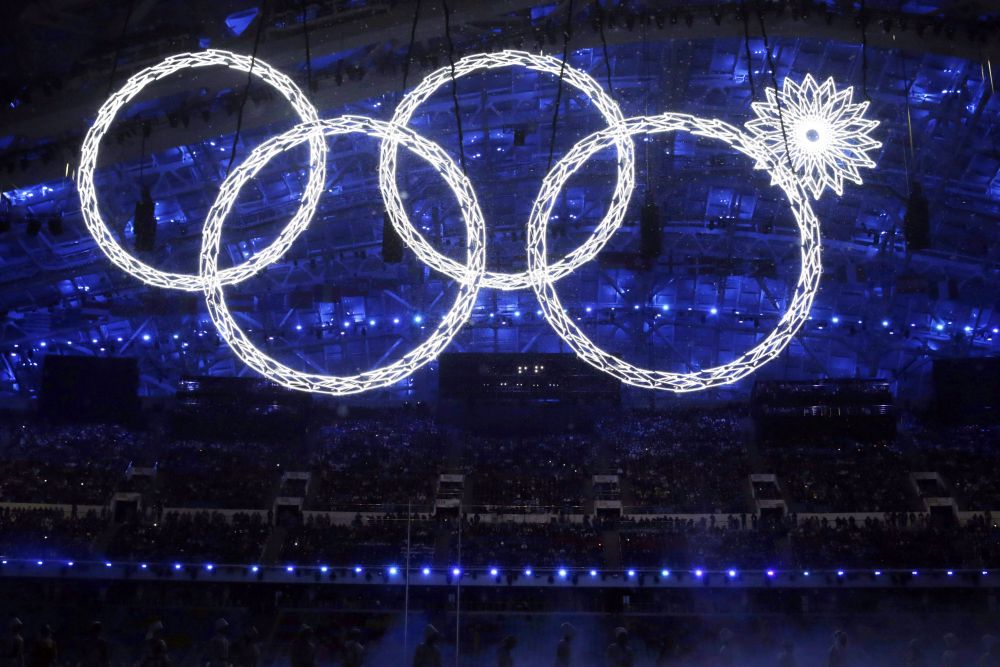Olga Mykhailova, for “Hvylya”
How difficult is it to make one nation rise up against another? Are intellectually saturated schemes needed in order for one nation to hate another? The answer, it would seem, lies on the surface – if not for the phenomenon of Russian Ukraine-phobia, which under closer examination turns out to be almost an exception to the rule, a uniquely fostered, complex political technology.
In history we observe simple mechanisms of cultivating phobias more frequently, which are easy to gras for any local chief. The simpler the motivation, the easier it is to broadcast it to the masses. And this means, the bigger the efficiency for the leader will be, as he managed to process the masses and motivate them for hatred.
The keystone in the foundation of xenophobia is usually difference, alienness. Obvious differences in lifestyle, culture, beliefs and motivations are always suspicious to the average person, and evoke practically instinctive animosity and rejections. This is why the mottos of segregation, the separation from people who are different, are comprehensive and possess a significant mobilisation potential.
These mottos are superimposed with complains given to the aliens. They start remembering occupied lands, offended women, shrines desecrated with foreign rituals. If real offences are not enough, they employ imagination and guesses, and all indefinite situation are interpreted against the aliens’ favour. This is how sufficient motivation for aggression on xenophobic grounds frequently arises.
But the Ukraine-phobia cultivated in Russia is constructed somehow differently. It does not cultivate the idea of alienness of the Ukrainians, it does not push the Russians to separate themselves from Ukrainians. Its structure is more complex. We can outline three grounds it is based on:
- The denial of uniqueness and specifics of the Ukrainian nation. The familiarity of languages and religious unity in Orthodoxy are used in anti-Ukrainian rhetoric as arguments for the unity of Ukrainians and Russians within a single (or triple) Russian people.
- The denial of the Ukrainian nation’s self-sufficiency, so its ability to embrace the entire world, all the levels of being, including itself, with thought and attention. This is expressed in the disbelief in the statehood and intellectual abilities of Ukrainians. The imagination of Russians infected with Ukraine-phobia poses that Ukrainians are only able to develop culturally, but not intellectually or politically.
- The denial of the Ukrainian nation’s independence, so its ability to transform the world and all levels of being, including itself. This is expressed in the compulsory conspiracy interpretations of all the political steps of Ukrainians. This especially touches on the emergence of the Ukrainian nation and its successes, which are ascribed to the schemes of the Austrian general headquarters, the Europeans or the anti-Russian lobby.
An important element of Ukraine-phobia is the hyperidentity of the Russians themselves. Hyperidentity presumes a hypertrophic adherence to their identification markers. Frequently it is expressed as a feeling of superiority in regard to others, the aliens – though not all of them.
The Russian hyperidentity has been consciously grown for a long time in the Russian Empire, and therefore in other imperial peoples (and in Russia those include Germans, Turks, the Japanese, the English and some others), the Russian hyperidentity does not see objects or expansion and self-definition. It sees it in the neighbouring peoples, the historical and political tradition of which does not have an imperialistic background – in Estonians, Lithuanians, Georgians, Ukrainians.
Aggressive xenophobia characterises the attitudes Russians have towards all these peoples. But it is formed according to a more-or-less standard template of alienation in regard to those who are very different from Russians, such as Georgians and Estonians. Everything is different when it comes to Ukrainians.
The thought of non-uniqueness, non-self-sufficiency, non-independence of Ukrainians is the foundation that Russian hyperidentity uses to implant the idea of legitimacy, naturalness and even high morality of intervention in Ukraine’s affairs. This is the first loop of the specifically Russian Ukraine-phobia.
Russian Ukraine-phobia was formed in the 19th century together with the Russians’ hyperidentity. It was enforced in the 20th century in the Soviet empire. Russians and Ukrainians died on the front line, however the political victories were ascribed to the Russian people specifically. The Ukrainians were offered development only through the cultural sphere: borsch and hopak as an image of Ukrainian identity were successfully transferred to the 21st century as well. The Ukrainians turned a blind eye to such images because of their peacefulness, avoiding any clashes on identity grounds if possible.
But the idea of the Russians’ legal right to intervene in the Ukrainians’ political affairs definitely leads to clashes. Before this would happen rarely and privately; now it is a systemising factor of Russian-Ukrainian relations. And in this situation, when the clash happens, the Russian hyperidentity births their image of the close and natural superiority (victory) in this conflict. And this is where the violent inconsolable resistance of the Ukrainians is discovered.
And Russian Ukraine-phobia enters its second loop – not joking condescension anymore, but unseen cruelty. On part of the Russian infected by hyperidentity, such cruelty is allowed, which is impossible in regard to imperial nations they venerate. In order to see this, it is enough to read the comments on the texts published on the website “Russian spring” (http://rusvesna.su).
Such a complex structure of Ukraine-phobia could not have emerged accidentally, as a political project of some chief or demand of the demographic conjuncture. Its support and development is provided by all intellectual and organisational resources of Russia today. And this means that xenophobia is an organic, integral component of imperial Russia’s state policy.
So not all xenophobia is primitive and simplistic in its nature. In any case, another type of xenophobia should be remembered, which was no less complexly constructed: anti-Semitism. It was pondered over and cultivated by Europe’s smartest people. The ascension of anti-Semitism to the ranks of state policies and crimes on this grounds don’t only merit condemnation; penance came after the condemnation. And such a fate awaits any country which decided to arm itself with xenophobia as a political technology and ideology.
Source: Hvylya
Translated by Mariya Shcherbinina








